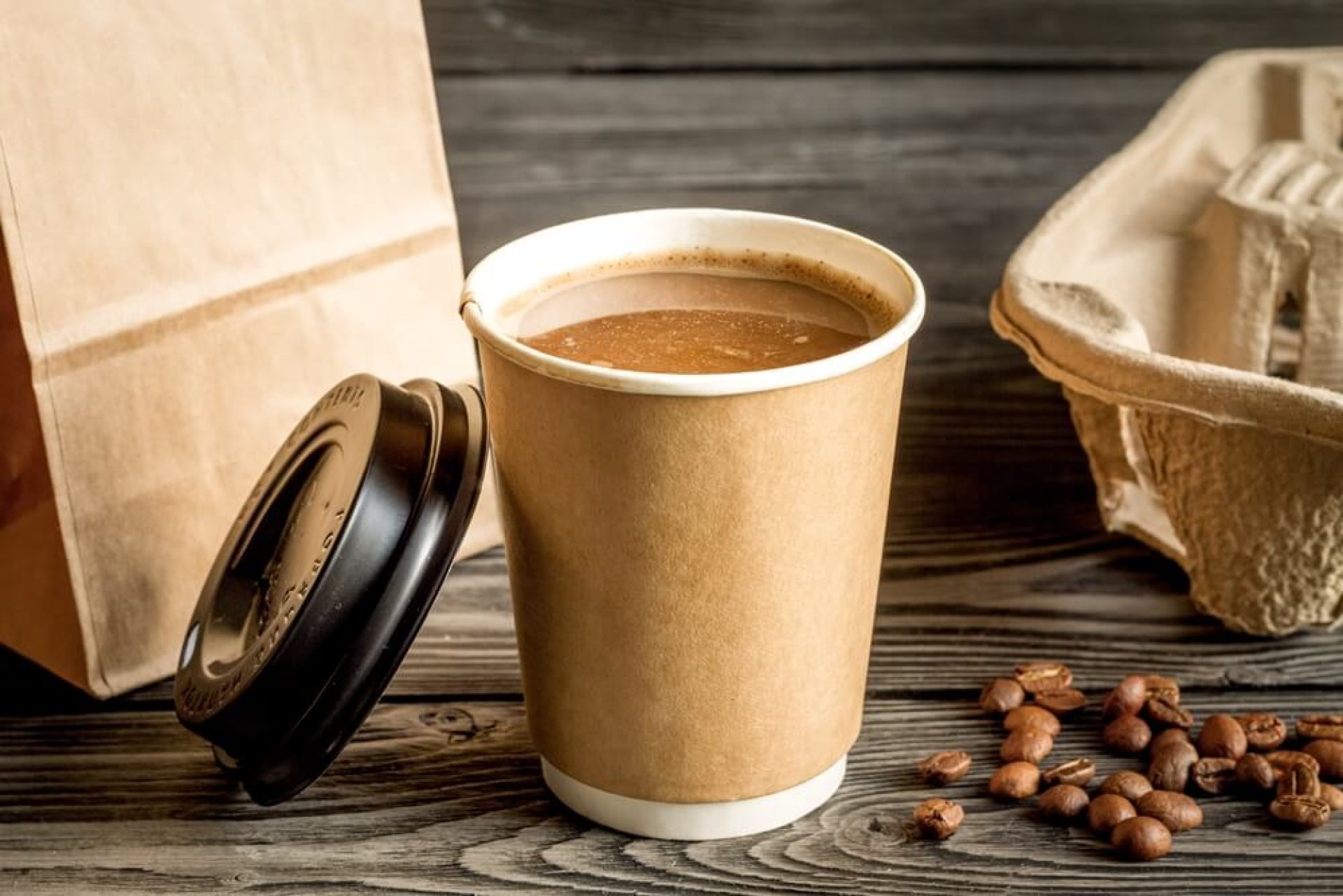14 oz cardboard cups are among the items we use most frequently in daily life. Cardboard cups, which are used in coffee shops, offices, schools, and many different venues, offer not only a practical choice but also environmentally friendly options. In this article, you will learn more about the eco-friendly features of 14 oz cardboard cups.
Structure of 14 oz Cardboard Cups
14 oz cardboard cups are made of materials that can easily decompose and be recycled in nature. The inside is covered with a water-resistant coating, and the outside is made of cardboard paper. Thanks to this structure, cardboard cups are a practical and environmentally friendly choice.
Eco-Friendly Features of 14 oz Cardboard Cups
14 oz cardboard cups offer many advantages as well as being an environmentally friendly choice. First, their materials can easily decompose and be recycled in nature. Therefore, cardboard cups thrown away after use do not cause environmental pollution.
Secondly, cardboard cups are lighter and more durable than glass cups. Therefore, 14 oz cardboard cups can be preferred as a portable option and carry less risk of breaking than glass cups.
Thirdly, in addition to being recyclable, cardboard cups can also be made from recycled materials. In this way, the reuse of waste materials is encouraged, and the preservation of natural resources is ensured.
Usage Areas of 14 oz Cardboard Cups
14 oz cardboard cups can be used not only in places where food and drink service is provided such as coffee shops or restaurants but also at homes and offices. While drinking tea or coffee at home, drinking water in the office, or snacking at school, 14 oz cardboard cups are a practical option.
14 oz cardboard cups appear as a practical, durable, and eco-friendly option. Due to their wide range of use and recyclability, 14 oz cardboard cups are preferred as an environmentally friendly choice.
However, being eco-friendly of 14 oz cardboard cups alone is not sufficient. Cardboard cups thrown away after use remain undecomposed in nature for years. Therefore, cardboard cups should be thrown into recycling bins before disposal. In addition, businesses such as coffee shops and restaurants can support eco-friendly practices by offering their customers recyclable cardboard cups.
In conclusion, while 14 oz cardboard cups are a practical choice, they should be thrown into recycling bins to preserve nature. In this way, the impact of cardboard cups on the environment can be reduced and an important step can be taken for a sustainable future.
Recycling of 14 oz Cardboard Cups
Recycling of cardboard cups is very important for the preservation of nature. However, recycling of cardboard cups is more difficult compared to other waste recycling. This is because cardboard cups need to be subjected to a special process for recycling due to their coating material. This process involves decomposing the coating material and making the cardboard paper recyclable.
Coffee shops and restaurants can use recyclable cardboard cups to offer their customers an environmentally friendly option. They can also contribute to the environment by throwing used cardboard cups into recycling bins. In addition, some coffee shops offer discounts to customers who bring their own cups. This practice contributes to the preservation of nature by reducing the use of disposable cardboard cups.
Although 14 oz cardboard cups are a practical choice, they need to be thrown into recycling bins for the preservation of nature. Recycling of cardboard cups is important for the preservation of natural resources. Cardboard cups used in coffee shops, restaurants, and homes can be preferred as an environmentally friendly choice due to their recyclability.
However, reducing the use of disposable cardboard cups is a more important step for the preservation of nature. Therefore, coffee shops and restaurants can contribute to the environment by offering discounts to customers who bring their own cups. In addition, each of us can reduce our impact on nature by throwing used cardboard cups into recycling bins.




